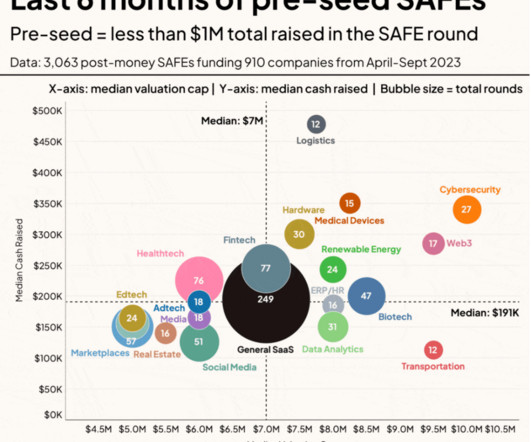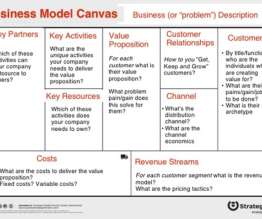Seed Stage Funding 101: What it Is & How it Works
The Startup Magazine
AUGUST 11, 2023
pexels You need to have enough resources by having a seed-stage investor who will financially support your company in the long run. I will tell you brief details about seed stage funding, and deal sourcing on this page, so read the conclusion until the end. What exactly is the seed funding?





































Let's personalize your content